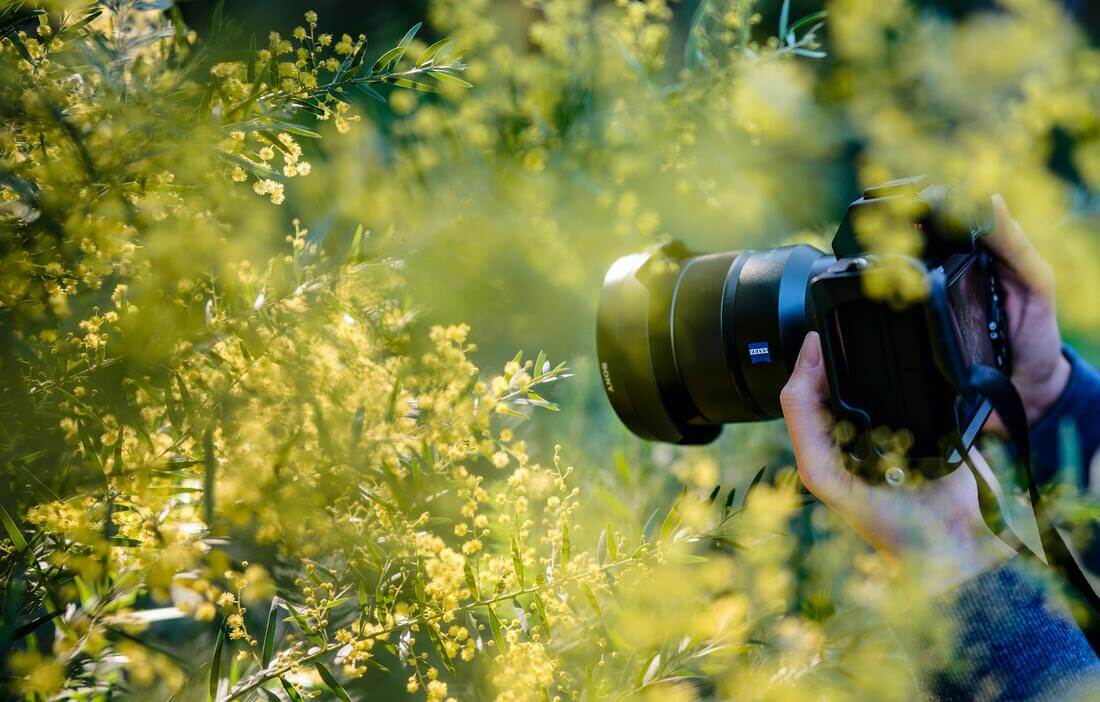Free open-source photography software and raw developer Darktable announced new 3.6.0 release.
It’s a big release includes almost 2680 commits that handles 954 pull requests and closed 290 issues. And it skips version 3.5.0, and goes directly v3.6.0 from the last 3.4.0 release.
Darktable 3.6.0 reworked the import module. Now the import dialog supports for photo thumbnail view. And it’s improved for multiple import, as well it imports from disk, card or camera all in one.
The release also introduced a vector-scope to complement the current histogram, waveform and parade views. Add new default demosaic algorithm (RCD) to provide better quality than the current default (PPG).
Also, it added support for “dual demosaic”, which allows you to combine “RCD + VNG4” and “AMaZE + VNG4” for bayer sensors, and “Markesteijn 3-pass + VNG” for xtrans sensors.
New and enhanced modes, such as Color Balance RGB, censorize, crop module, are available for more functions.
As well, the various lighttable modes can now accessible via clear and descriptive icons at the bottom of the app window.
There are tons of other new features and changes including:
- Scene-referred workflow is now the default.
- Exit the slideshow view via ESC.
- Reworked the color of scope views.
- A new color preservation method.
- Huge number of internal optimizations
- Jpeg-2000 files are now decoded faster
- Added support for import/export of presets on mass.
- Lua API updated to 7.0.0.
As well, the release added base support for new cameras, including Fujifilm GFX100S, Fujifilm X-E4, Fujifilm X-S10, Leica D-Lux 7, Nikon Z 6_2, Nikon Z 7_2, Panasonic DC-G100 / DC-G110 / DC-GF10 / GF90, Pentax K-3 Mark III, Ricoh GR III, Sony ILCE-1 / ILCE-7SM3 / ILCE-QX1.
Added white balance presets for Fujifilm GFX100S, Fujifilm X-E4, Nikon D780, Panasonic DC-FZ10002 / DMC-G8 / DMC-G80 / DMC-G81 / DMC-G85, Ricoh GR III, Samsung GX20.
How to get Darktable 3.6.0:
For the source tarball, Window EXE, Mac OS DMG, as well as the release note go to:
For Linux users, there are official packages for Debian, Fedora, openSUSE, and Ubuntu. Just click your system logo from the link below, grab the binary and install it.
